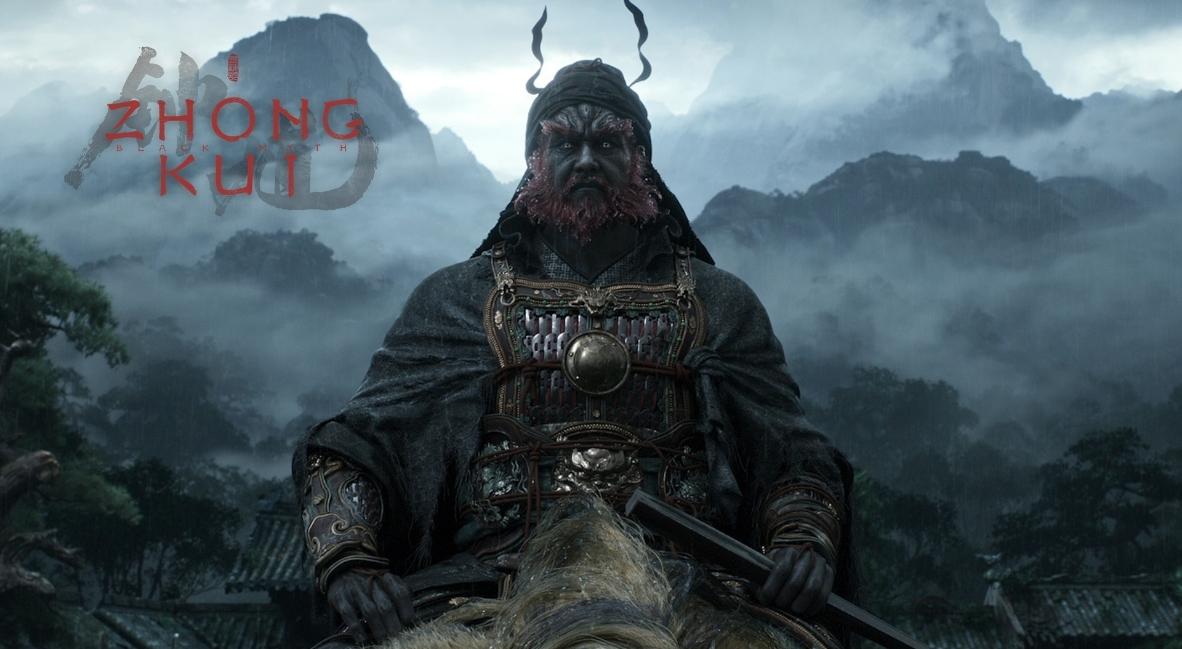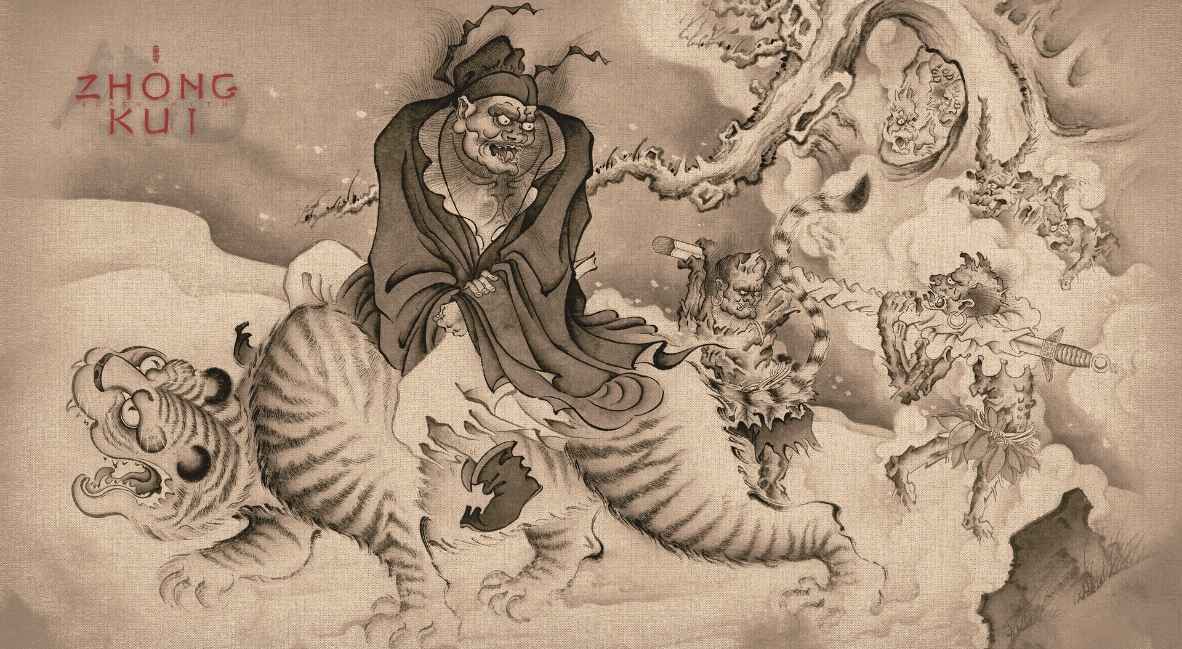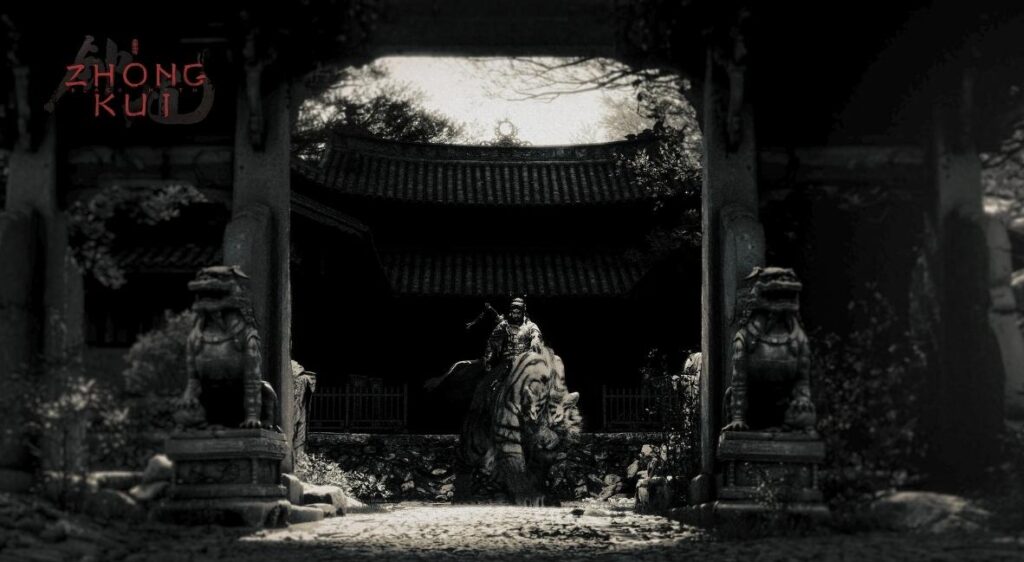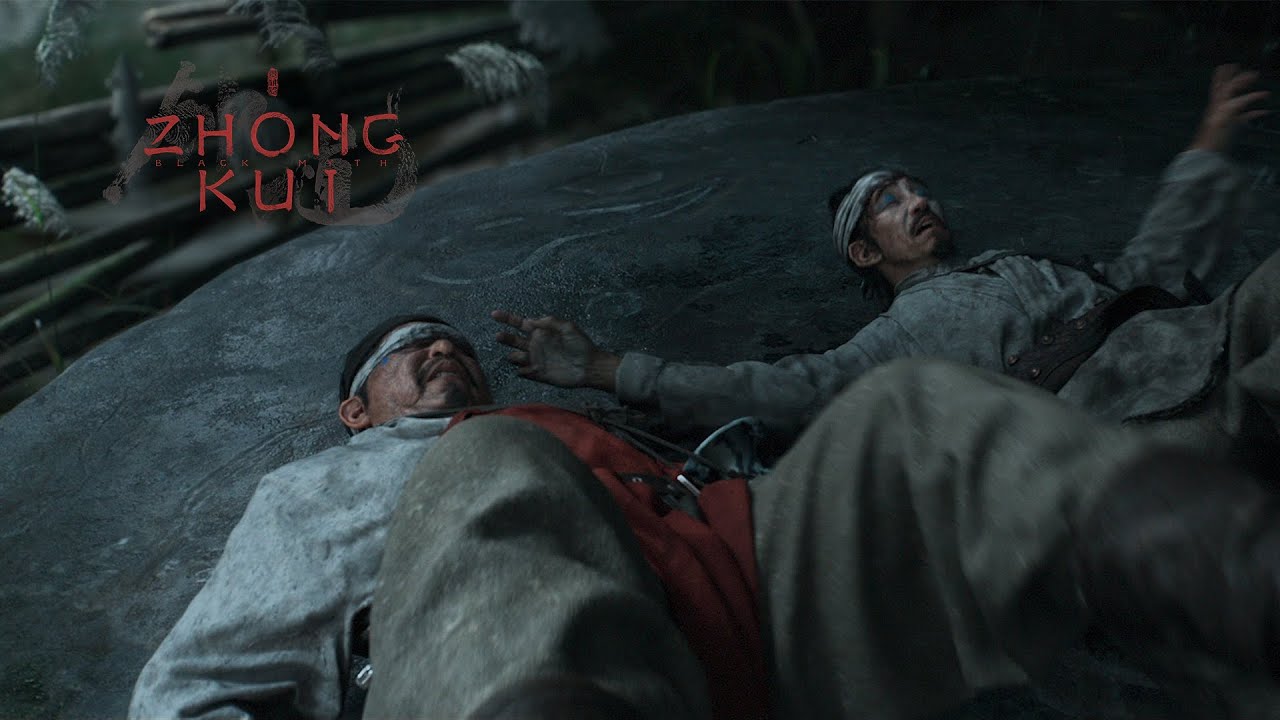Following the success of Black Myth: Wukong, Chinese developer GameScience has officially announced its next ARPG, Black Myth: Zhong Kui. Revealed during Gamescom 2025’s Opening Night Live, this new single-player action RPG is the second title in the “Black Myth” series and is rooted in ancient Chinese fantasy. The game centers on the tales of the immortal Zhong Kui and his quest to banish evil.
In our critic’s review of Wukong, they said, “In terms of visuals, Black Myth: Wukong is a juggernaut. The game sports several picturesque environments and fantastic art direction with an aesthetic faithful to its fantastical folklore inspirations.
The art direction can also be appreciated in-game through Meditations, allowing players to see their current position. The character designs are equally impressive. All notable characters and bosses sport intricately designed outfits, and each major monster fight is magnificently awe-inspiring.”
The announcement came with the release of the game’s first CG trailer, which marks the official start of its development. While the game’s specific release date and further details are yet to be confirmed, the developers stated their goal is to deliver a distinct experience with fresh ideas and necessary changes to address flaws from their past work.
Watch the Trailer
What is Black Myth: Zhong Kui about?
While Game Science didn’t share much about Black Myth: Zhong Kui’s specific narrative, they did share the legend of Zhong Kui. And if it’s any indication, this action adventure may be a horror-adjacent take on mythology that we don’t have much of in gaming.
The Legend of Zong Kui

As the name suggests, the latest Black Myth game will focus on Zhong Kui, a legendary figure in Chinese mythology, traditionally known as a vanquisher of ghosts and evil beings. The story of Zhong Kui was first recorded in “Tang Yishi” (in English: Unofficial History of the Tang Dynasty) and gained wider circulation through Northern Song scholar Shen Kuo’s “Dream Pool Essays.”
The legend goes that he was born on Mount Zhongnan, and travelled to Chang’an during Emperor Gaozu’s Wude reign to sit the imperial military examination but failed. In despair, he struck his head on the palace steps and died. Grateful for the green burial robe, which Gaozu bestowed, he vowed to rid the Tang realm of every Xūhào ghosts and harmful spectres.
After his death, the King of Ghosts in the Chinese underworld saw his potential and tasked him with hunting and capturing evil spirits. During the Kaiyuan era of the Tang dynasty, Emperor Xuanzong fell ill, and a month of treatment brought no relief. One night, while asleep in sickness, he dreamed of a small ghost slipping into the palace to steal Consort Yang’s embroidered sachet and his jade flute. The ghost called itself Xuhao, a bringer of waste and disperser of blessings.

Just as the emperor was about to summon someone to expel it, Zhong Kui rushed into the hall, seized the creature in one swift motion, gouged out its eyes, and swallowed it whole. The emperor awoke drenched in a cold sweat—only to find his illness cured.
Taking this as an auspicious omen, Xuanzong ordered the court painter Wu Daozi to create “Zhong Kui Capturing the Ghost.” From then on, it became customary to paste images of Zhong Kui on household doors at year’s end, especially on New Year’s Eve, to “banish baleful wraiths, and still the miasma of evil”.
While gaming’s focus has always been on Japanese developers, Game Science’s success with Black Myth: Wukong has shown that there is a strong appetite for stories from other Asian countries as well, and Chinese and Korean developers have risen to meet it.
Whether it’s TiMi Studio Groups’s Honor of Kings: World that focuses on building a large world of Chinese Fantasy, or LoreVault Studio’s Woochi: The Wayfarer, which promises to dig deep into Korean shamanism and mythology in the Joseon period, or the recently released Wuchang: Fallen Feathers from Leenzee, we’re seeing more cultural mythologies represented and that’s spectacular.
Black Myth: Zhong Kui does not currently have a release date or platform release information.








